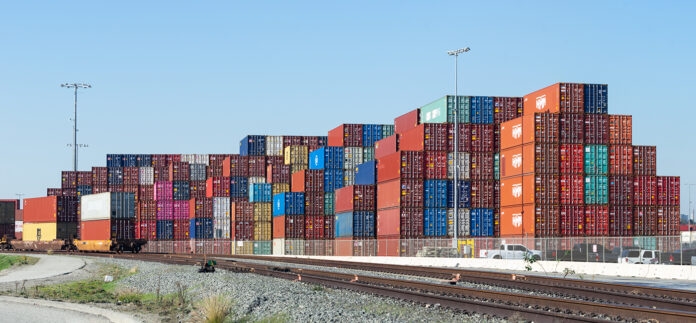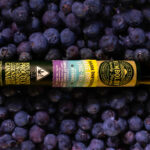The pandemic has forced businesses to reexamine their operations and make tough but necessary changes to their business models. Many suppliers shut down or dramatically reduced their operations, leaving some companies scrambling to find new resources and providers of essential merchandise.
Despite reports of cannabis use rising sharply during the pandemic, all is not rosy for those in the industry. In fact, the coming months may be the toughest of all.
In the past year, one of the largest cannabis packaging providers cut its staff by about 50 percent and decided to stop servicing smaller accounts in favor of focusing only on large clients. This left thousands of small cannabis businesses suddenly without a packaging provider.
In Nevada, when visitor volume dropped from 3.5 million to a little over 100,000, the cannabis sector went into a tailspin. Some dispensaries even asked to send surplus product back to suppliers.
Moreover, the same issues in the global supply chain that have affected the technology, automotive, and consumer staples sectors are about to hit the cannabis industry as well.
Overseas manufacturing problems
Reports from China indicate packaging materials, plastic containers, and glass jars soon will require a lead time of six to eight months. Meanwhile, ports in the United States are nearly paralyzed. According to Business Insider, at the time of this writing about three dozen container ships were anchored off the ports of Los Angeles and Long Beach, where almost one-third of the nation’s goods are unloaded. “The normal number of container ships at anchor is between zero and one,” Kip Louttit, executive director of the Marine Exchange of Southern California, told the media outlet.
Los Angeles and Long Beach operate as primary sources of imports from China, and they have been heavily congested for months. Some container ships have been waiting for weeks, pushing back delivery dates and driving up the cost of goods.
To make matters worse, the Chinese New Year, which typically slows down manufacturing and requires additional lead times, usually begins impacting customers in November or December. This year, customers were advised to get orders in as early as September or October for delivery in the first quarter of 2022.
Delays at California ports aren’t the only factor impacting the global supply-chain crisis. Commodities and raw materials are becoming increasingly difficult to obtain, forcing manufacturers to reduce their inventories.
Manufacturers of glass jars and plastic containers have been particularly hard hit. One interesting example shows how the supply chain intertwines throughout the economy and has affected a rather unlikely item: a new chicken sandwich from Burger King. The fast-food giant recently announced the upcoming debut of its new sandwich, only to delay the launch due to a pickle shortage. But pickles don’t come from China, do they? No, but Burger King’s pickle supplier, Claussen, has been dealing with a shortage of the glass jars used to package pickle products, causing an 88-percent drop in product availability. Thus, the mighty king of burgers was deposed by a lowly pickle. Or rather, a pickle jar.
Bright spots on the horizon
However, there are some bright spots on the horizon, as well as some important ways to help mitigate the crisis. First and foremost, cannabis companies that need packaging are urged to plan ahead … way ahead. Secondly, some companies have North American stocking programs that help guarantee shipments and cut down on delivery times. One example is Duallok, which provides a patented child-resistant packaging system suitable for a variety of cannabis and CBD products.
Finally, customers are urged to order in quantities that will last longer than usual. This is not the time to wait until you’re down to your last few items before you think about reordering.
The current supply chain crisis is real, but if you plan ahead, seek out locally manufactured or inventoried items, and keep your supply levels high, you may come out of this pandemic-induced nightmare without losing a wink of sleep.

Kary Radestock brings more than 20 years of award-winning print and packaging expertise to some of the top brands in the world. She launched Hippo Premium Packaging in order to fill a need for professional, compliant packaging, brand development, and graphic design to the emerging cannabis industry.














[…] supply chain issues have hit cannabis packaging particularly hard. One major cannabis packaging provider cut its staff by 50% and stopped servicing smaller accounts, leaving thousands of businesses […]